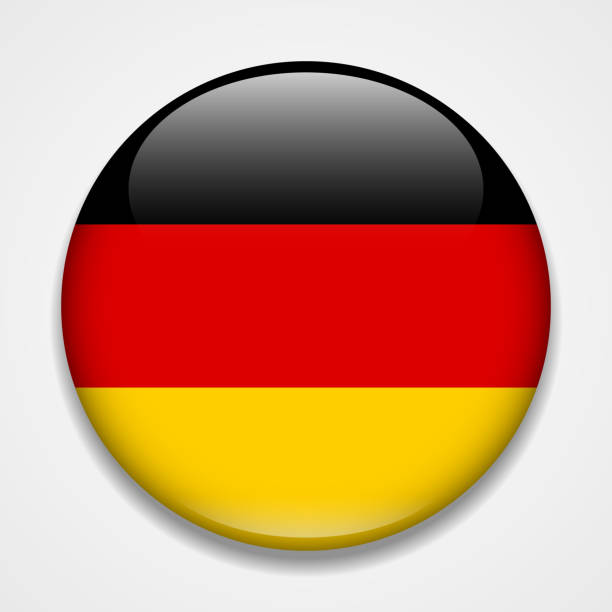Germany is one of Europe’s most active markets for mergers and acquisitions (M&A), driven by its industrial base, strategic geographic position, and regulatory framework. M&A activities in Germany have varied over the years, reflecting global economic conditions and industry-specific trends. Here’s a detailed overview of M&A in Germany, including its regulatory landscape, historical trends, recent deals, and significant transactions.
Regulatory Framework in Germany
German M&A activities are governed by a mix of EU regulations and local laws. Key legislation includes the German Stock Corporation Act, the Securities Acquisition and Takeover Act (WpÜG), and antitrust regulations overseen by the Federal Cartel Office (Bundeskartellamt). Notable differences in German regulations compared to other countries include:
- Co-determination Laws: Employees have significant representation in supervisory boards, influencing corporate governance and approval processes.
- ESG Considerations: Recent regulatory trends emphasize environmental, social, and governance (ESG) compliance, aligning acquisitions with sustainability goals.
- Foreign Investment Restrictions: Germany has tightened foreign direct investment (FDI) screening to safeguard critical industries like technology and defense, making it stricter than in many countries.
Key Drivers of M&A Activity
M&A in Germany is driven by several factors:
- Industry Consolidation: Sectors such as automotive, pharmaceuticals, and energy frequently see mergers to streamline operations.
- Global Expansion: German companies often acquire international firms to increase market share.
- Distressed M&A: Economic pressures, including rising interest rates, have led to acquisitions of struggling firms at lower valuations.
- Technological Advancements: Investments in AI, renewable energy, and fintech encourage cross-sector mergers.
Historical Overview and Trends
Since 1991, Germany has seen over 49,900 M&A deals, with a peak in the late 1990s and early 2000s during the tech boom. Notable periods include:
- 1999-2000: The telecom and tech sectors dominated, with record-breaking transaction values.
- 2008-2009: The financial crisis led to a rise in distressed M&A.
- 2020-2023: The COVID-19 pandemic reshaped priorities, focusing on digital transformation and healthcare.
Top 10 Largest M&A Deals in Germany
- Vodafone’s Acquisition of Mannesmann (1999): $203 billion – One of the largest deals globally, cementing Vodafone’s dominance in telecommunications.
- Bayer’s Purchase of Monsanto (2016): $63 billion – A controversial move into agribusiness, facing legal and financial challenges due to glyphosate litigation.
- Daimler-Benz’s Merger with Chrysler (1998): $40.5 billion – Initially celebrated but ultimately deemed a cultural and strategic mismatch.
- Praxair’s Merger with Linde (2016): $35 billion – Created a global leader in industrial gases.
- Deutsche Telekom’s Acquisition of VoiceStream Wireless (2000): $29.4 billion – Expanded its footprint into the U.S. market.
- Rhone-Poulenc and Hoechst Merger to form Aventis (1999): $22 billion – Focused on pharmaceutical innovation.
- Bayer’s Acquisition of Schering AG (2006): $21 billion – Strengthened Bayer’s position in oncology.
- Siemens’ Sale of Osram to AMS AG (2020): $5 billion – Shifted focus to core industrial operations.
- E.ON and Innogy Merger (2020): $43 billion – A reshaping of Germany’s energy market towards renewables.
- Hellman & Friedman’s Purchase of AutoScout24 (2020): $2.9 billion – A strategic move in digital automotive marketplaces.
2024 M&A Highlights
Germany continues to see significant activity in 2024:
- BASF’s Acquisition of Global Lithium Ventures: Positioned to enhance its battery materials business.
- Deutsche Bank’s Merger with Commerzbank (Speculated): Consolidating banking operations amidst competition and rising compliance costs.
Strategic Insights
The success of M&A deals often hinges on clear strategic alignment. For instance:
- Successful Deals: Linde-Praxair’s merger showcased synergies in industrial gases.
- Failures: Daimler-Chrysler’s cultural misalignment resulted in financial losses.
German companies tend to focus on long-term value, emphasizing sustainability and technological advancement. Looking ahead, AI and renewable energy sectors are likely to dominate M&A activity.
Germany’s evolving regulatory environment, combined with its robust economy, makes it a focal point for both domestic and international M&A. As companies seek growth and innovation, Germany will remain a critical market for transformative deals.

